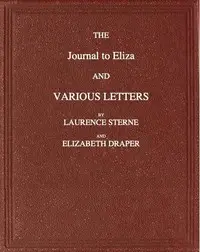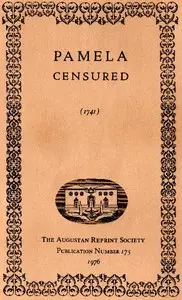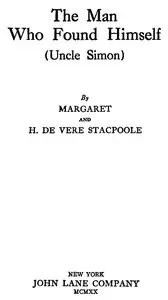"A Sentimental Journey Through France and Italy" by Laurence Sterne is a travel narrative written in the late 18th century. The work follows Mr. Yorick, a character who represents Sterne himself, as he embarks on a journey through France and Italy, blending personal reflection with observations on society, culture, and the human condition. The narrative also hints at themes of love, melancholy, and the complexities of interpersonal relationships. At the start of the journey, Yorick finds himself debating the nature of travel and what it brings to one's character. He arrives in Calais and quickly settles into a contemplative mood, reflecting on the human experience in foreign lands. His interaction with a poor monk invites themes of generosity and moral struggle, as he grapples with his hesitations about giving to those in need. The opening portion highlights Yorick's keen observational skills and his tendency toward sentimentality, setting up a journey that promises both external adventures and internal musings as he navigates social connections and emotional challenges throughout his travels. (This is an automatically generated summary.)

A Sentimental Journey Through France and Italy
By Laurence Sterne
"A Sentimental Journey Through France and Italy" by Laurence Sterne is a travel narrative written in the late 18th century. The work follows Mr. Yoric...
Laurence Sterne was an Anglo-Irish novelist and Anglican cleric who wrote the novels The Life and Opinions of Tristram Shandy, Gentleman and A Sentimental Journey Through France and Italy, published sermons and memoirs, and indulged in local politics. He grew up in a military family, travelling mainly in Ireland but briefly in England. An uncle paid for Sterne to attend Hipperholme Grammar School in the West Riding of Yorkshire, as Sterne's father was ordered to Jamaica, where he died of malaria some years later. He attended Jesus College, Cambridge on a sizarship, gaining bachelor's and master's degrees. While Vicar of Sutton-on-the-Forest, Yorkshire, he married Elizabeth Lumley in 1741. His ecclesiastical satire A Political Romance infuriated the church and was burnt.

















